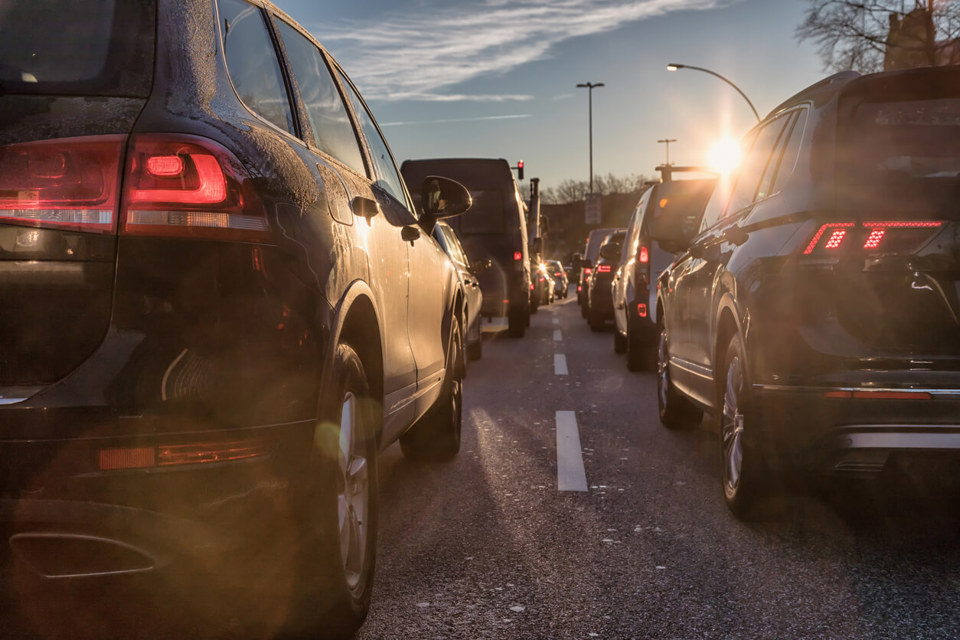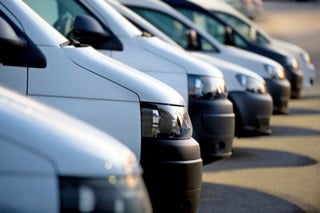The world's largest data set on commercial electric vehicles (EVs), collected from more than 6,000 EVs as part of UK Power Networks’ Optimise Prime project, has been released.
Optimise Prime saw UK Power Networks and Hitachi (now Novuna) join forces with Scottish and Southern Energy Networks as well as the UK's biggest fleet operators, Uber, Royal Mail, and British Gas in 2018 to understand when, where and how often employees charge on-the-go, at home and in a depot.
The live trials from the project concluded in June 2022.
The resulting dataset, it says, offers insight into the behaviour of some of Britain’s highest profile fleets, enabling fleet decision-makers to model their own company’s charging patterns and take advantage of smart tools offered by networks to lower the cost of connecting and charging their fleets.
It includes insights into where more public chargers will be needed by 2030 to support charging for the full 45,000 London Uber drivers, along with the required electricity grid upgrades will be shared with local authorities to support their community decarbonisation plans.
Ian Cameron, head of customer service and innovation at UK Power Networks, said: “Nowhere else in the world is there such a rich pool of data about the behaviour of electric vehicle fleets.
“We are proud to be offering it to the industry to interrogate and layer with their own data-driven insights.
“We hope this will become a fountain of innovation that will unleash a wave of creativity to help our communities to decarbonise faster and more affordably.”
Jacob Briggs, consultant at Cornwall Insight, added: “Data sits at the heart of the net zero transition, enabling plans to be put in place and ultimately helping us all hit the targets we need to reach. UK Power Networks’ has set a precedent, giving all who want and need it, access to truly open data on EVs that has come from the real world, not just modelling.
“Having access to this data will give us and so many others a leg up when it comes to planning, facilitating and accelerating the changes we must make to enable the low carbon transport revolution.”






















Login to comment
Comments
No comments have been made yet.